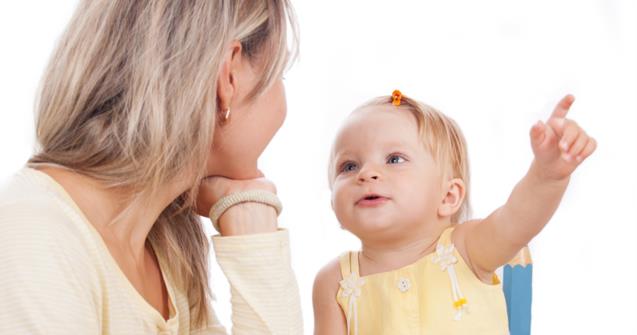My glossary, early childhood education
Early childhood education
Hi, my name is Elisabeth Gendron. I am 19 years old, and I study early childhood education at Montmorency College. I made this glossary because I think this could be useful to know more about early childhood education and to be able to speak and communicate regularly with parents at the CPE and even at primary school between professors, educators, and parents. For each word, you will find the English term, the definition (I use the google platform), the pronunciation, the translation, an example and if necessary, an image that represents the word. Have a good learning!
- Early childhood educator
- Noun
- Early childhood educators are responsible for caring for and educating young children.
- Example: An early childhood educator take care of young children while ensuring their health, safety and global development.
- en: Éducateur à la petite enfance
- Child
- Noun
- A child is a young human being below the age of puberty or below the legal age of the legal age of the majority.
- Example: A child is the main client of an early childhood educator because he works for him and for his good global development.
- en: Enfant
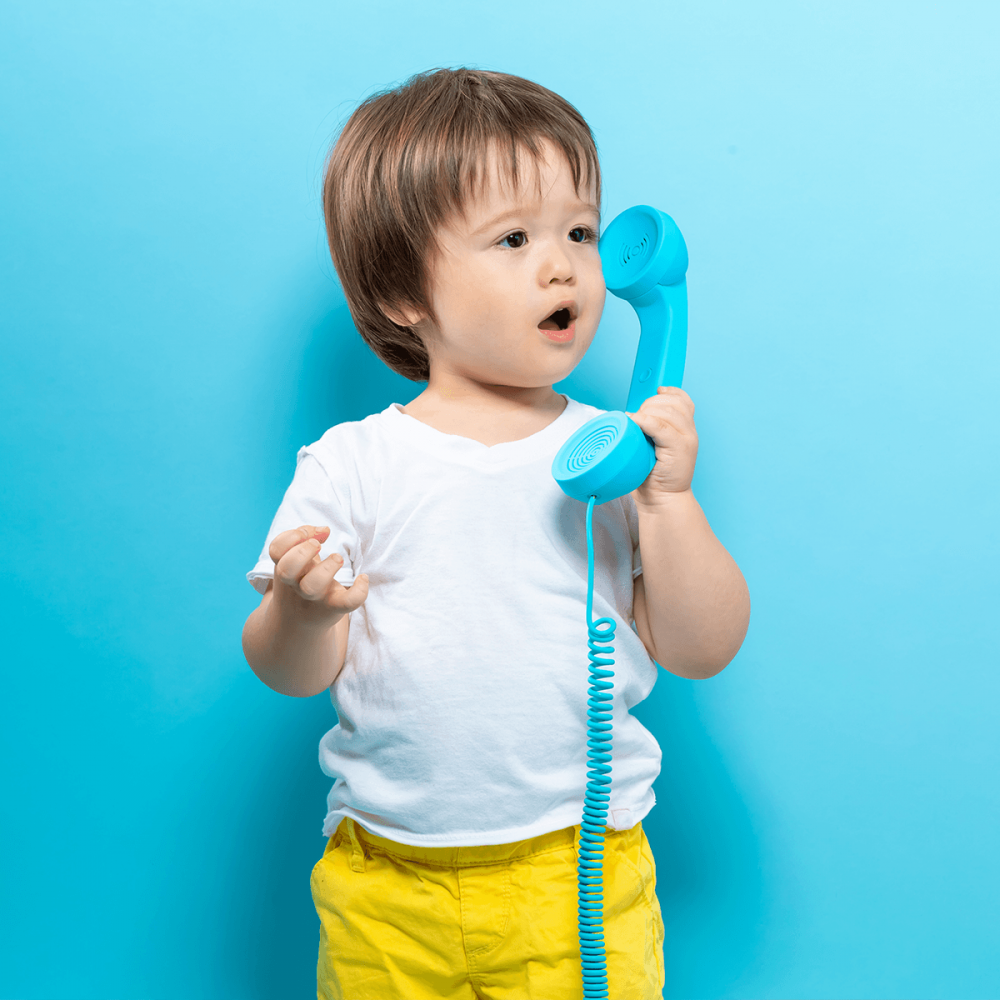
- Global development
- Noun
- Particular way in which the young child develops and achieves learning in all domains simultaneously. (social-affective, cognitive, physical and motor, language)
- Example: Global development is the complete development of a child in all the four domains of development. (social-affective, cognitive, physical and motor, language)
- en: Développement global

- Parent-educator collaboration
- Verb
- The act of working together with other people or organizations to create or achieve something, like the child's education.
- Example: The collaboration between parents and educator allows you to know what is happening in the child's life in order to be able to respond more adequately to their needs
- en: Collaboration entre le parent et l'éducateur

- Meaningful relation
- Noun
- A meaningful connection is a two-way street. Both parties are getting something from the relationship. The meaning is key. The ability to share vulnerability, common interests, values, and interests are examples of meaning. A meaningful connection is the person you call or meet with if you are feeling anxious or upset.
- Example: A meaningful relationship is when you feel good and confident with the person. It's when you can tell her anything without feeling judged.
- en: Relation significative

- Unique
- Noun
- Being the only one of its kinds ; Every snowflake is unique.
- Example: Each child is unique and different.
- en: Unique
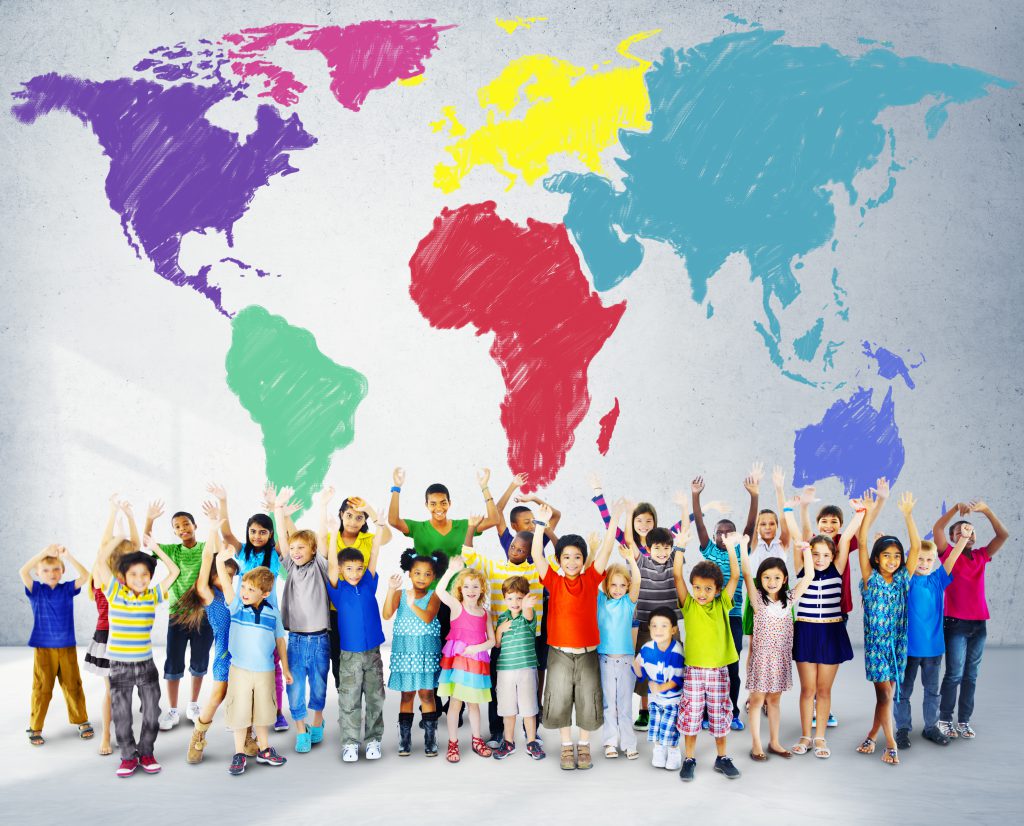
- Maslow's pyramid
- Noun
- Maslow's hierarchy of needs is a motivational theory in psychology comprising a five-tier model of human needs, often depicted as hierarchical levels within a pyramid.
- Example: Maslow's pyramid is used to prioritize the different needs of a child so that he feels good in his living environment.
- en: Pyramide de Maslow
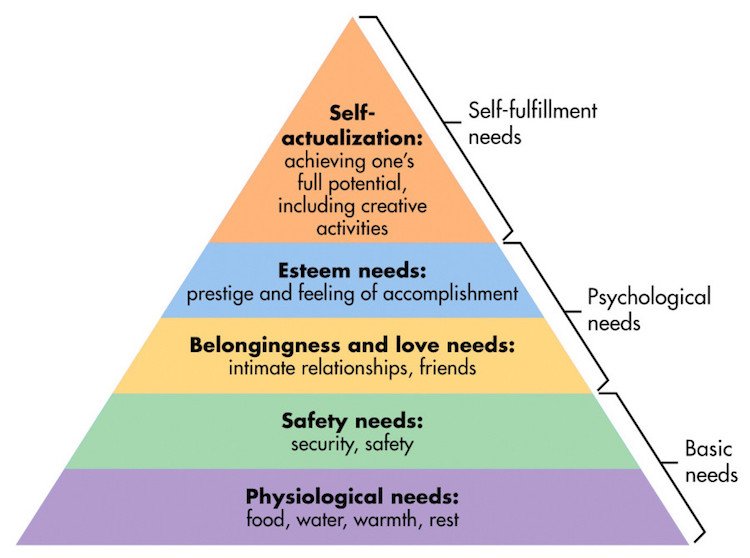
- The open education/The democratic approach
- Noun
- Open education refers to a philosophy, a set of practices, and about school as a miniature democracy preparing a self-motivated, responsible citizenry.
- Example: The open/democratic approach allows the child to make choices and share power with the educator. For example, order to participate in the choice of activities.
- en: L'approche ouverte/L'approche démocratique

- The ecological approach
- Noun
- An ecological approach is an approach that is focused on the relationship of the individual to the systems in which they act, a relationship which is seen as interdependent.
- Example: The ecological approach composes everything that surrounds the child. For example, his family, his friends, his childcare establishment, his school, his community, his government and his country, etc.
- en: L'approche écologique
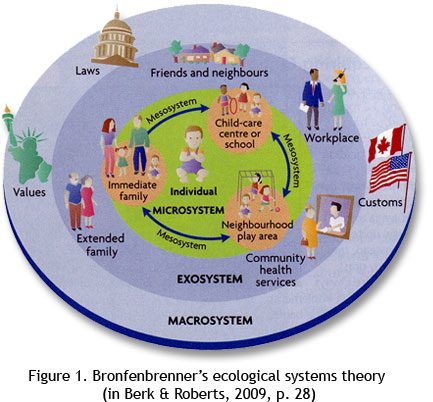
- The behaviorist approach
- Noun
- Behaviorism focuses on the idea that all behaviors are learned through interaction with the environment. This learning theory states those behaviors are learned from the environment, and says that innate or inherited factors have very little influence on behavior.
- Example: Children learn by imitation of the others.
- en: L'approche béhavioriste

- Intervention
- Noun
- Is the act of interfering with the outcome or course especially of a condition or process (as preventing harm or improve functioning).
- Example: An intervention can be direct; act directly on a behavior, or indirectly by acting on the environment.
- en: Intervention
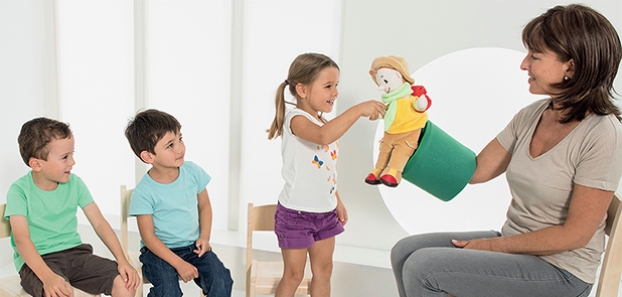
- Object permanence
- Noun
- Object permanence describes a child's ability to know that objects continue to exist even though they can no longer be seen or heard.
- Example: A child who has not yet acquired object permanence may think that his parent no longer exists when he leaves the room.
- en: Permanence de l'objet
- The grip (palmar and digital)
- Noun
- The palmar reflex is elicited by pressure to the infant's palm, resulting in the fingers closing around the object that provided pressure. The digital grip is when you use your fingers to take things.
- Example: The palmar grip is when you use the palm, like holding a glass. The digital grip is when you use your fingers, like holding a pencil.
- en: La prise (palmaire et digitale)
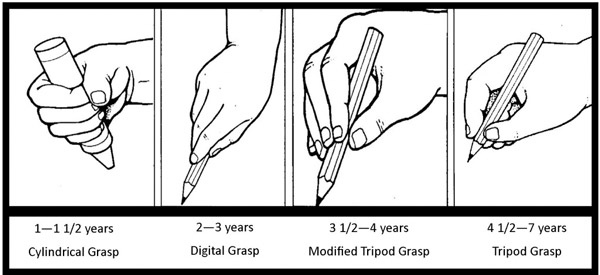
- Daily diary
- Noun
- A daily diary is a book in which someone records details and events relating to something, for example a journey or period of their lives, or a vehicle.
- Example: The daily diary is used to communicate about the children's day and their development to their parents.
- en: Journal de bord
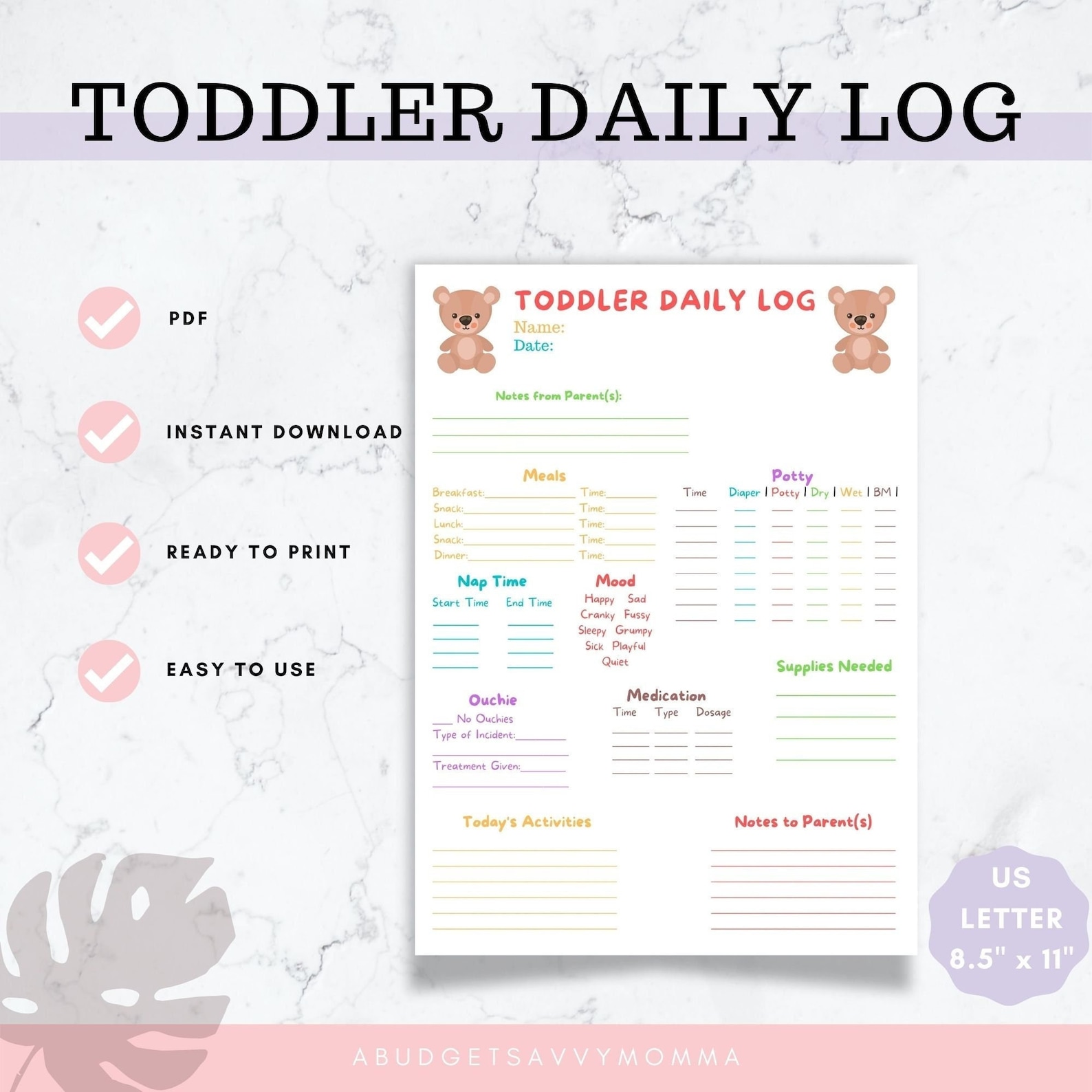
- Plastic expression activity
- Noun
- In the case of artistic skills, plastic activities allow a way of expression very different from oral language or body expression.
- Example: The children express themselves through their works during the plastic expression activities.
- en: Activité d'expression plastique

- Psychomotor course
- Noun
- Psychomotor learning, development of organized patterns of muscular activities guided by signals from the environment.
- Example: Children take psychomotor courses to develop their agility and their muscles.
- en: Parcours psychomoteur
- Social-affective domain
- Noun
- Social-emotional development includes the child’s experience, expression, and management of emotions and the ability to establish positive and rewarding relationships with others (Cohen and others 2005). It encompasses both intra- and interpersonal processes.
- Example: The social and affective domain includes all the management of children's emotions and relationships.
- en: Domaine social-affectif

- Cognitive domain
- Noun
- The cognitive domain is focused on intellectual skills such as critical thinking, problem solving, and creating a knowledge base.
- Example: The cognitive domain is used to talk about children's cognitive skills, like recognizing colors and objects.
- en: Domaine cognitif

- Physical and motor domain
- Noun
- The domain of physical developmental refers to the development of physical skills, known as motor skills. Motor skills give children the ability to make purposeful movements and learn the physical characteristics of self and the environment.
- Example: The physical and motor domain is used to talk about children's physical skills, like jumping with both feet or balancing on one leg.
- en: Domaine physique et moteur
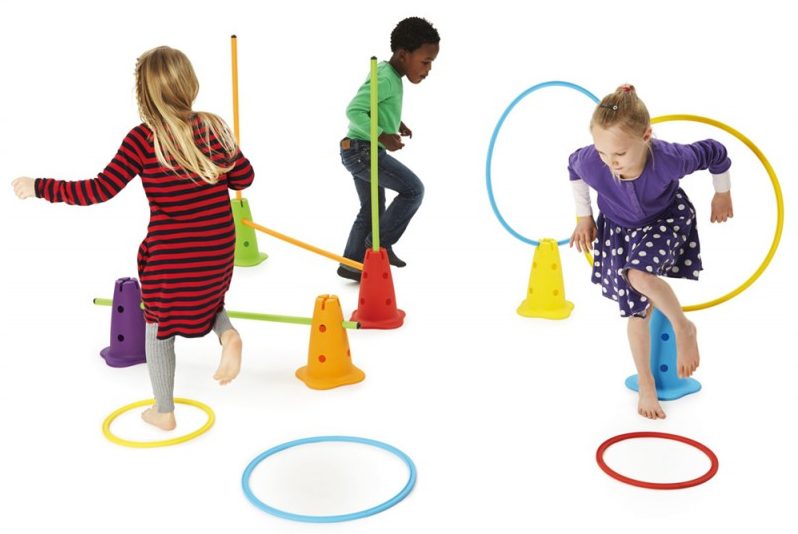
- Language domain
- Noun
- Four components of communication, including reading, writing, speaking, and listening. These components are sometimes divided into receptive language (reading and listening) and productive language (writing and speaking).
- Example: The language domain is used to talk about children's language skills, like the pronunciation of different words.
- en: Domaine langagier
